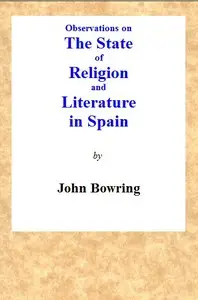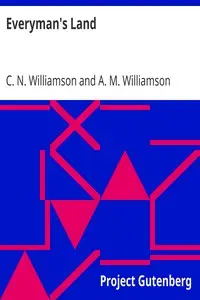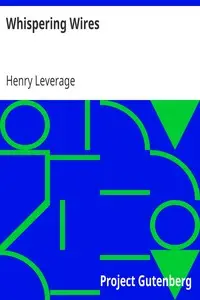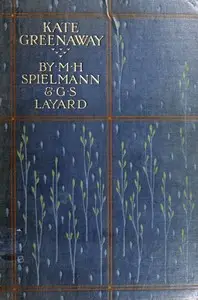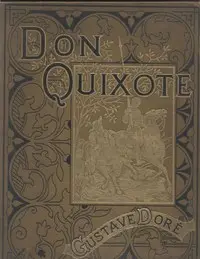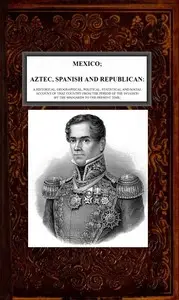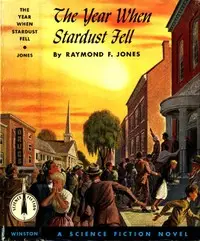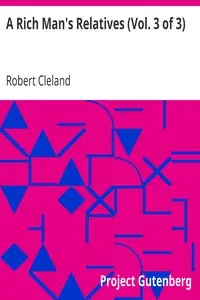"A Visit to the Philippine Islands" by Sir John Bowring is a historical account written in the mid-19th century. This work documents Bowring's journey to the Philippine Islands, particularly focusing on his experiences in Manila and surrounding regions. Bowring explores various aspects of Philippine society, including its inhabitants, geography, culture, and the historical context of Spanish colonial rule. At the start of the narrative, Bowring shares details about his voyage from Hong Kong to Manila, highlighting the natural beauty of the region and the rich history linked to the islands, especially the influence of early explorers like Ferdinand Magellan. He describes the warm welcome he receives from locals and authorities upon his arrival, immersing himself in the culture and social dynamics of Manila. This introductory part sets the stage for his exploration of various provinces, illustrating the unique blend of indigenous customs and Spanish influences, as well as outlining the political and economic backdrop of the time. (This is an automatically generated summary.)
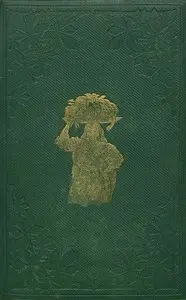
A Visit to the Philippine Islands
By John Bowring
"A Visit to the Philippine Islands" by Sir John Bowring is a historical account written in the mid-19th century. This work documents Bowring's journey...
Sir John Bowring, or Phrayā Siam Mānukūlakicca Siammitra Mahāyaśa was a British political economist, traveller, writer, literary translator, polyglot and the fourth Governor of Hong Kong. He was appointed by Queen Victoria as emissary to Siam, later he was appointed by King Mongkut of Siam as ambassador to London, also making a treaty of amity with Siam on 18 April 1855, now referred to as the "Bowring Treaty". His namesake treaty was fully effective for 70 years, until the reign of Vajiravudh. This treaty was gradually edited and became completely ineffective in 1938 under the government of Plaek Phibunsongkhram. Later, he was sent as a commissioner of Britain to the newly created Kingdom of Italy in 1861. He died in Claremont in Devon on 23 November 1872.


